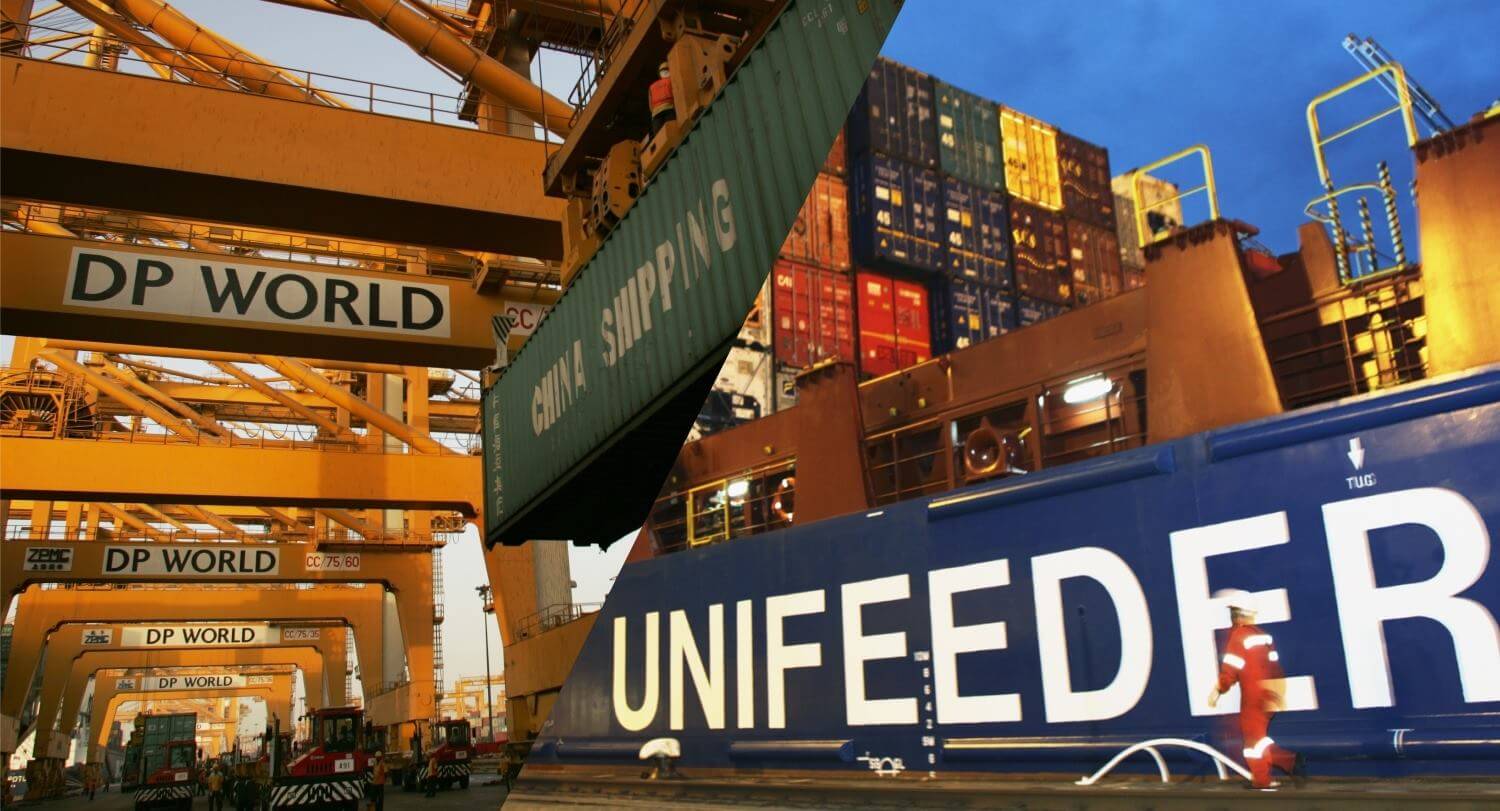
Is global terminal operator DP World’s acquisition of European short-sea and feeder carrier Unifeeder another example of a company wanting to extend their reach in the supply chain, or simply a shrewd move to protect the core business?

Virtual integration is the buzz phrase du jour in the logistics world, so perhaps it should not have been a surprise when earlier this month global terminal operator DP World (DPW) announced that it is buying European short-sea and feeder operator Unifeeder for €660 million ($765m) from Nordic Capital, a private equity investor.
A terminal operator owning a shipping line is noteworthy as it is normally the other way around, and while there are a few examples in China of ports owning feeder carriers; DPW’s move is unprecedented in scale and naturally throws up questions about the company’s motivation.
More and more freight-related companies, including major container shipping lines, are trying to break free from the shackles of their core roles within the supply chain and transform themselves into one-stop shops. In doing so, or so the thinking goes, they will be able to claim more of the revenue for themselves by being across as much of the chain as possible.
It’s a risky strategy as it’s not clear whether this is something cargo owners have asked for, or if they will baulk at the potentially restricted choice and dominance afforded to the companies that manage to conquer the whole supply chain if indeed such a thing is possible.
Is DPW’s purchase of Unifeeder, expected to be completed in 4Q18, just the next logical step towards achieving that end goal and the forerunner to more cross-modal takeovers by the company?
As noted in a recently published Global Container Terminal Operators Annual Review and Forecast 2018 by Drewry’s, DPW has already set course on its strategy to become a “digitised global trade enabler” and is busy developing complementary sectors in the global supply chain both domestically and overseas, including new industrial parks and free zones and acquiring stakes in multimodal logistics provider such as Continental Warehousing Corporation in India.
Besides physical developments, the company wants to be at the forefront of new technology, exploring, for example, the potential of Hyperloop (a proposed superfast inland transport system) and committing to a digital transformation programme with Oracle Cloud Applications.
While the company clearly wants to do more than it used to, and even after purchasing Unifeeder, we are not convinced that it really wants to cover the whole supply chain and compete head-to-head with shipping lines, who after all are its core customers. Whether any single company can truly master the entire supply chain is debatable, but carriers would appear to have a jump start over terminals by virtue of actually carrying the cargo on the longest link of the supply chain.
In Drewry’s view, DPW’s current strategy is motivated more by the fact that carriers’ negotiating power over terminals has increased significantly in the past few years following the rise of the mega-alliances and consolidation. By pursuing cargo owners through industrial zones and the like, terminals can redress some of the power imbalance with carriers by forcing them to call at their sites via shipper demand.
www.drewry.co.uk

